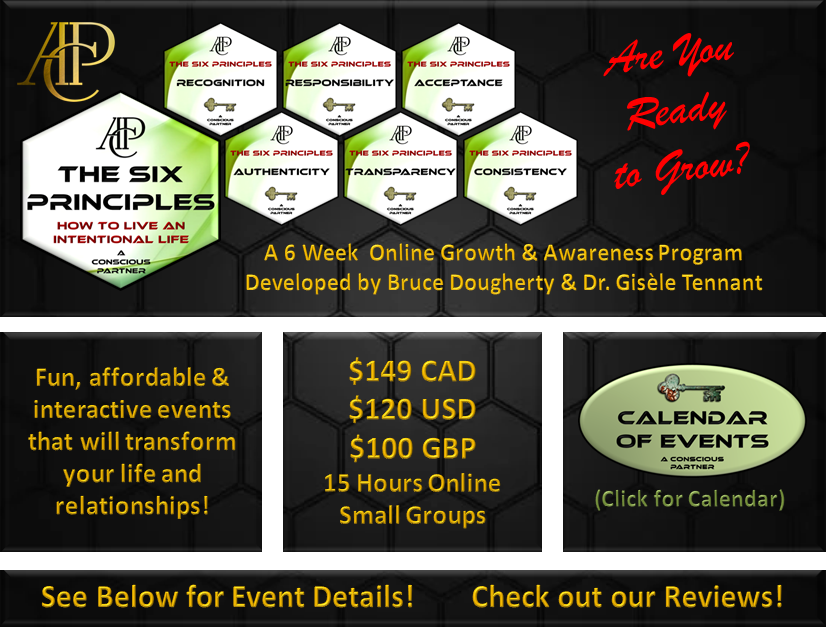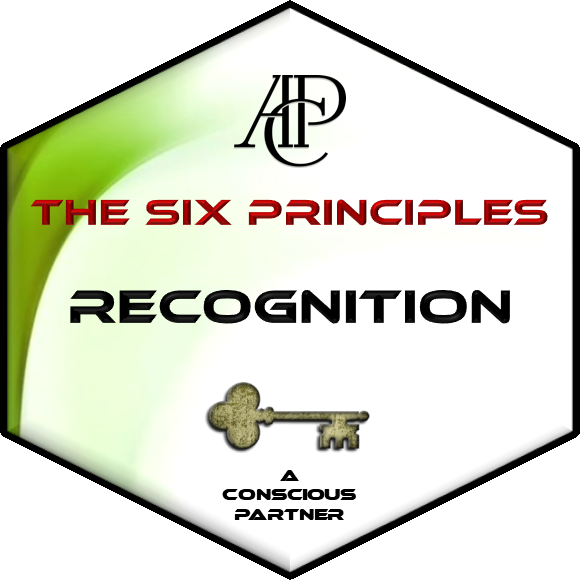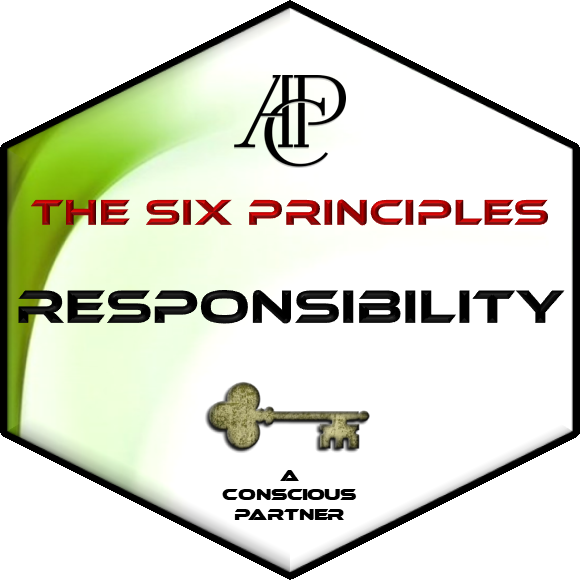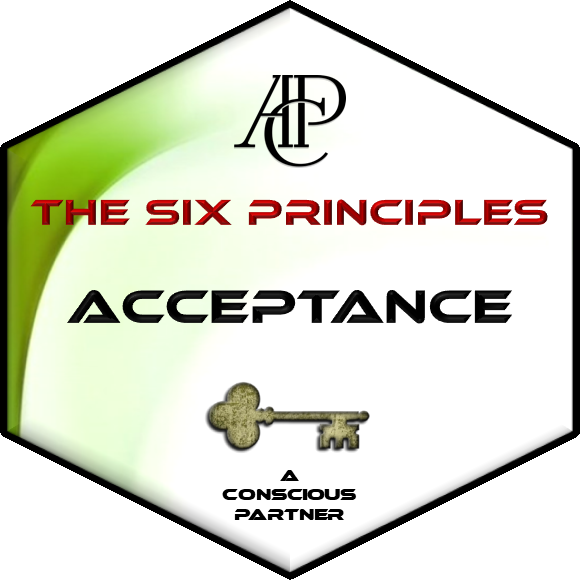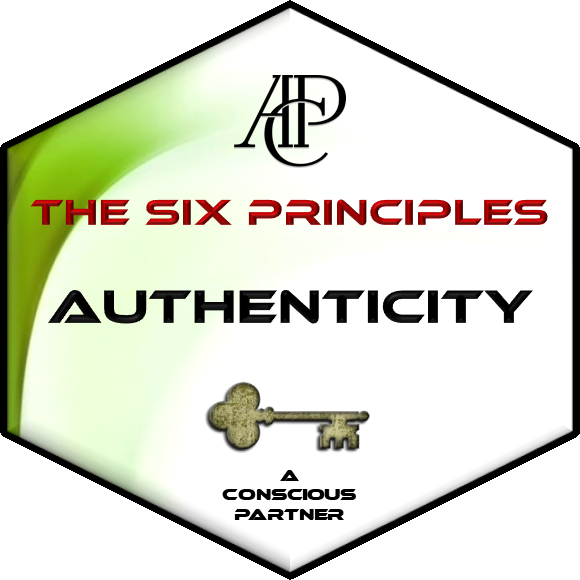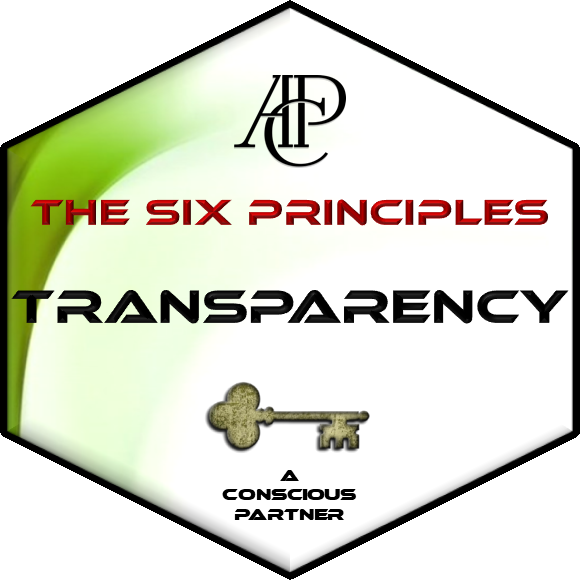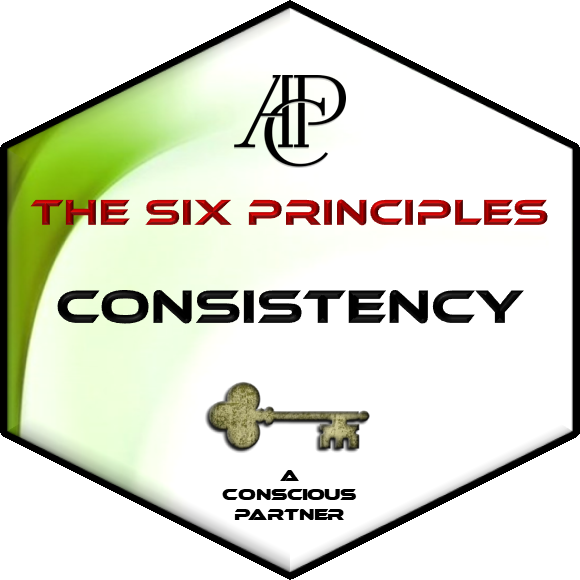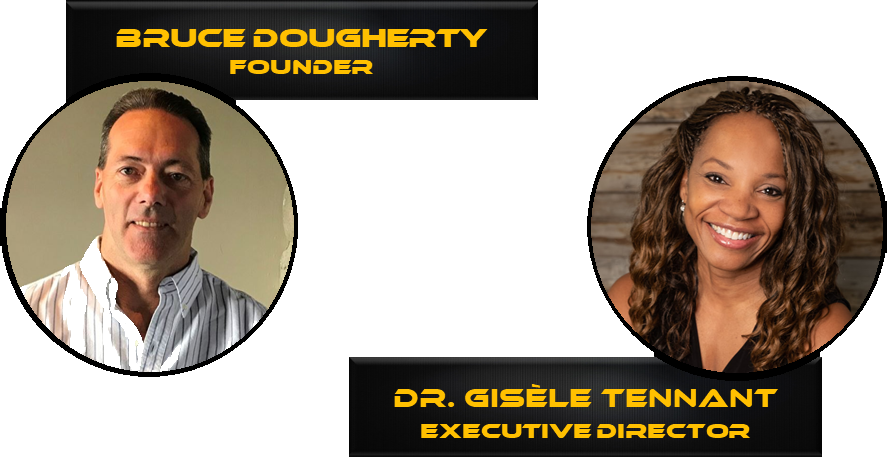|
It seems we are often looking for someone else to change; "If only "this person" would just change in "this way", then it would be "perfect". Most of us don't want to take the time or put in the effort to look at ourselves and recognize our part in the situations that we face and that is why the same things keep happening to us. Finding faults and flaws in others is easy, but it allows us to be the the “victim” and believe that we have no control of our own lives. When we take the time to recognize and accept our flaws and the part that we played in getting us to where we are at right now, it returns that power to us and allows us to be happier and more content as we take control of our lives moving forward. |
|
Responsibility refers to taking responsibility for our lives with the understanding that we have complete power and control over how we think, feel, speak, and act. Our thoughts come from our mind. Our feelings come from our body and are based on our thoughts. The words that we speak come from our mouth, use of our voice, and are based on our thoughts and perceptions. Ultimately, we take actions based on all of the above. What this means is that regardless of what we may think, or how hard someone may try, nobody can make us think, feel, say, or do anything. That doesn't mean that their words and actions may not change our perceptions, but we get to decide that. |
|
Acceptance does not mean that we like, want, choose, or support what we are resisting. When we resist we create a struggle in ourselves that creates suffering. Acceptance means choosing to allow something to be a part of our lives when we have no ability or control to change it at that moment. Acceptance is an active process that must be practiced consciously and on an ongoing basis. It means to accept that things change and that we make mistakes. It also means that we can forgive ourselves for making those mistakes, live our lives without regrets, acknowledge our successes, and most of all, practice self-compassion. |
|
What if people don’t like the real me? When we worry that people won't like the "real" us, what we are usually worried about is discovering that our friends are really not our friends. But does it really matter if the only reason that we have those friends is because we are pretending to be someone that we are not? If we constantly seek approval (or respect) from other people we will never understand how it feels to live life as our true selves. Not being authentic can make a person feel resentment, depression, boredom, anger, and a slew of other unhappy feelings. Let’s discover what it means to live an AUTHENTIC life. |
|
Being emotionally transparent is about us; it's not about our partner. It revolves around being able to share our deepest thoughts and feelings as well as our fears, anger, sadness, resentments, and joy. Transparency in a relationship is about sharing our thoughts and feelings honestly, without fear of judgement or repercussion. It takes a commitment to observe our emotions, identify them, and be able to share them effectively. It is NOT about confronting our partner, and likely getting a defensive response, but rather, it's about analyzing and confronting ourselves. |
|
It’s easy to head down to the gym and sign up for the membership. It's not quite as easy to head down to the gym consistently for 5 days a week for the first month, but it's doable. What’s really difficult is doing it, 4-5 days a week, for many years in a row. As we all know, starting things is easy. Following through for a long period of time is a lot tougher. We also know that in order to get results, we need to be consistent. We need to focus on the process and not the outcome or expectation. To live a consistent life, we should align our words and actions, and ensure they are supported with the right intention and the appropriate amount of effort. |

